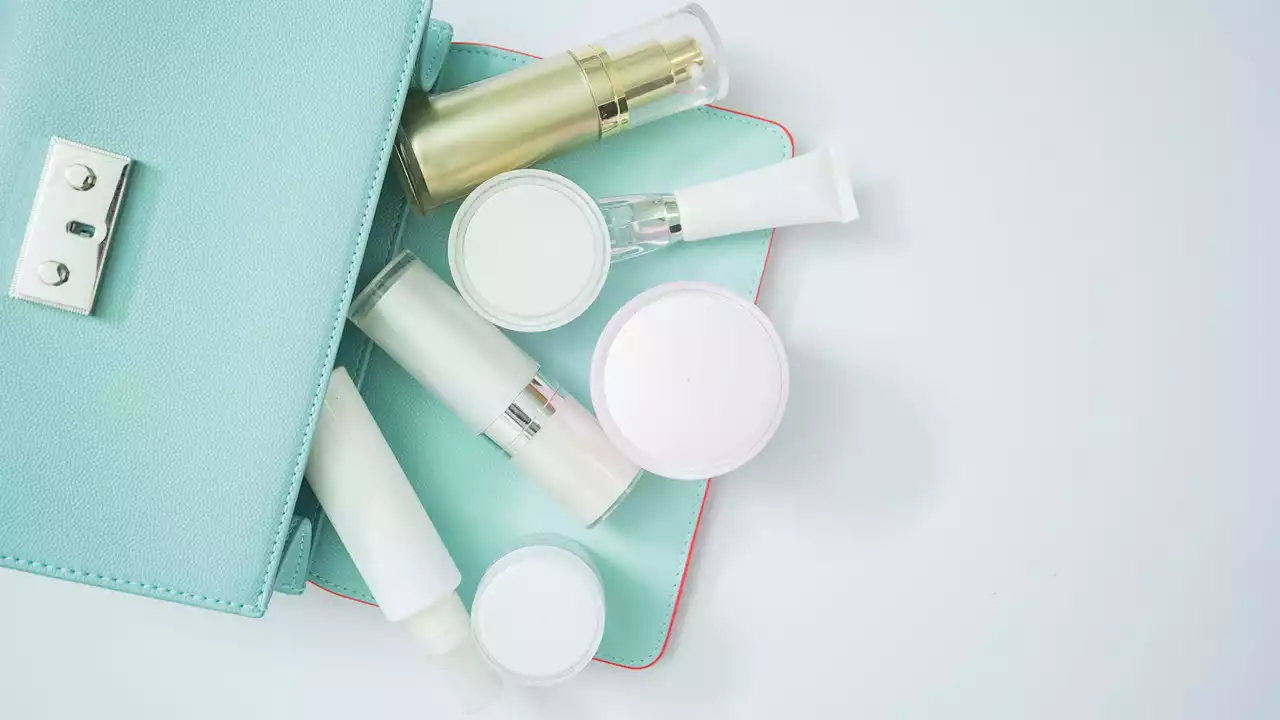
Understanding the Science Behind Cosmetic Products
Before we dive into whether or not cosmetic products really work, it is important to understand the science that goes into them. Cosmetic products, whether it’s a simple moisturizer or a high-end anti-aging cream, are meticulously formulated with various ingredients designed to target specific skin concerns. The efficacy of these products largely depends on the concentration of active ingredients, their absorption rate, and how they interact with our skin.
Most cosmetic products are formulated with ingredients like antioxidants, peptides, retinoids, and hyaluronic acid, among others. These ingredients are scientifically proven to have positive effects on the skin, such as reducing wrinkles, boosting hydration, and improving skin texture. However, the results may not be as dramatic or immediate as we often expect.
Analyzing the Promises of Cosmetic Brands
Every cosmetic brand promises a unique selling point or claims to solve a specific skin concern. Some brands vow to erase wrinkles, some promise to unclog pores, and others pledge to hydrate dry skin. But do these products deliver as promised?
The truth is, the effectiveness of a cosmetic product largely depends on the quality of ingredients used and how well they are absorbed by your skin. Additionally, everyone’s skin is different – what works for one person might not work for another. Therefore, while one product might show remarkable results for some, it might not have the same impact for others.
The Role of Consistency and Time
Another crucial aspect to consider when evaluating the effectiveness of cosmetic products is the role of consistency and time. Most skincare products do not provide instant results. It takes time for your skin to adapt to new products and for active ingredients to deliver visible results.
Consistent use is key when it comes to skincare. If you use a product sporadically, it's unlikely to provide the results you're hoping for. It's essential to use your skincare products routinely and give them ample time to work their magic. Remember, skincare is a marathon, not a sprint.
Impact of Lifestyle and Genetics
While cosmetic products can help address certain skin concerns, it's important to remember that lifestyle and genetics play a significant role in our skin's health and appearance. Factors like diet, exercise, stress levels, sleep quality, and genetic predisposition can greatly influence our skin's condition.
Therefore, even the most expensive and scientifically advanced skincare product might not work if you're not taking care of your body and mind. A holistic approach that includes a healthy lifestyle, good skincare habits, and quality products can help you achieve your skin goals.
The Importance of Realistic Expectations
Lastly, but most importantly, it's crucial to have realistic expectations when using cosmetic products. No cream or serum can completely reverse the signs of aging or erase acne overnight.
Skincare products are tools that can help improve your skin's appearance and health over time, not miracle workers. It's essential to have patience, to be consistent, and to understand that sometimes, skin improvements are subtle. And remember, even small improvements are progress in the right direction.
Final Thoughts
In conclusion, do cosmetic products really work? The answer is yes, but they work differently for everyone. The key is to find products with quality ingredients that are suitable for your skin type, to use them consistently, and to have realistic expectations about the results. And don't forget - a healthy lifestyle is just as important for your skin as a good skincare routine.
So, don't be discouraged if a product doesn't provide instant results. Good things take time, and your skin is no exception. Be patient, be consistent, and most importantly, be kind to your skin.



